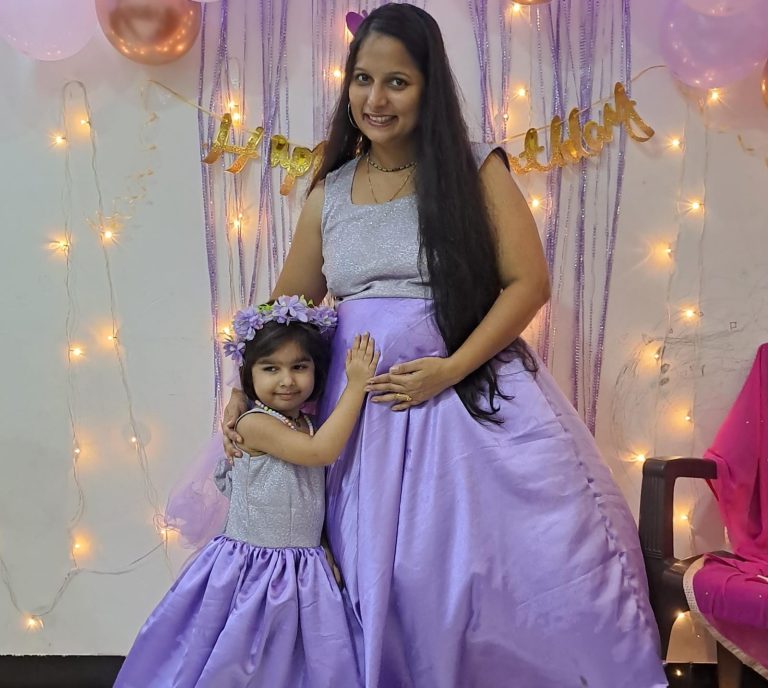
Preparing for pregnancy is an exciting yet crucial time in your life. It’s more than just planning for a baby—it’s about preparing your body, mind, and environment for this life-changing journey. Here are the 8 best things to keep in mind before getting pregnant.
-
- Schedule a Preconception Checkup
Before trying to conceive, it’s important to visit your healthcare provider for a preconception checkup. This appointment helps identify any health conditions that could affect your pregnancy. Your doctor will check your overall health, review medications, ensure vaccinations are up-to-date, and may recommend vitamins or supplements like folic acid to support a healthy pregnancy.
-
- Start Taking Prenatal Vitamins
Begin taking prenatal vitamins, especially those that contain folic acid, even before you get pregnant. Folic acid helps prevent neural tube defects, which can affect the baby’s brain and spine. Look for a prenatal vitamin that also includes calcium, iron, and DHA—nutrients vital for both your health and your baby’s development.
-
- Achieve a Healthy Weight
Maintaining a healthy weight is crucial for fertility and a healthy pregnancy. Being underweight or overweight can lead to complications such as gestational diabetes, high blood pressure, or difficulty conceiving. Focus on a balanced diet rich in fruits, vegetables, whole grains, and lean proteins. Regular exercise can also help you reach and maintain a healthy weight before pregnancy.
-
- Understand Your Menstrual Cycle
Learning about your menstrual cycle is key to understanding your most fertile days. Track your cycle for a few months to identify patterns, such as when you ovulate. You’re most likely to conceive if you have intercourse in the days leading up to and during ovulation. Knowing your cycle helps you plan better when trying to get pregnant.
-
- Stop Harmful Habits
If you smoke, drink alcohol, or use recreational drugs, now is the time to stop. These habits can significantly affect your ability to conceive and increase the risk of miscarriage, premature birth, and birth defects. Quitting before pregnancy gives your body time to detoxify and ensures a healthier environment for your baby’s development.
-
- Manage Stress and Mental Health
Your mental health plays a critical role in fertility and pregnancy. High stress levels can affect your menstrual cycle and make it harder to conceive. Engage in stress-reducing activities such as yoga, meditation, or hobbies you enjoy. If you’re dealing with anxiety or depression, consider seeking professional support before trying to conceive.
-
- Review Your Finances
Pregnancy and raising a child come with financial responsibilities, from prenatal care and delivery costs to diapers, clothing, and childcare. Take time to review your finances and create a budget for pregnancy and beyond. It’s a good idea to have an emergency fund in place and to understand your insurance coverage for prenatal and postnatal care.
-
- Assess Your Lifestyle and Environment
Take a close look at your home and work environment. Are you exposed to hazardous chemicals or toxins? If so, it’s time to eliminate those risks. Additionally, think about how your daily routine may need to change to accommodate pregnancy and, later, a newborn. Setting up a safe, welcoming space for your baby is also part of the preparation.
Conclusion
Preparing for pregnancy is about more than just timing; it’s about ensuring you’re physically, mentally, and emotionally ready for the journey ahead. By focusing on your health, eliminating harmful habits, and planning your finances and environment, you can set yourself up for a healthy and successful pregnancy. Remember, the choices you make before getting pregnant can have a lasting impact on both you and your baby’s health.
Looking for something more to Read ?
I’ve been in the helping early parents from last 10 years and we’ve vetted more than a 500+ parents and couples along the way. We’ll connect your exceptional capabilities to help bring your parenting knowledge and how to take care of the baby.
